
Unlike private and secondary schools, not all these services automatically receive state funding. As a general rule, state funding is provided only if the service is licensed and has a ‘charter’ that formally sets out educational policies. The Ministry of Education sets licensing standards and criteria includes minimum ratios of staff to children and restrictions on class sizes while the Education Review Office (ERO) regularly monitors the centres.
Early Childhood Development, a government agency, provides local contacts and advise on the range of early childhood services available. This service is free!
Kindergartens
Kindergartens provide early childhood education for children from the age of two to five years. Some have waiting lists – children can be placed on the waiting list from an early age.
Children attend either morning or afternoon sessions. Morning sessions are usually held five times a week and afternoon sessions three. Sessions are informal and focus on developing social skills and learning through play. Most kindergartens have tow to three trained teachers. However, parents are expected to help out both with class supervision and with fundraising and committee work.
Kindergartens offer a variety of hours they are open, therefore you will need to check with your local kindy once in New Zealand as to their operating hours.
Education and Care Centres
Education and care centres offer full day or sessional (up to 4 hours a day) care and are open for up to 8 or 9 hours (between 7.30am and 6.00pm).
Some centres offer care in morning or afternoon sessions. Usually, care is charged on the basis of a weekly or daily fee, an hourly fee applies for casual care. Centres are licensed to take either under two year olds, over two year olds or a mix of both age groups. These include both standard facilities and specialist childcare centres such as those run by Montessori and Rudolph Steiner schools.
Playcentres
Playcentres are run as parent co-operatives, and parents are closely involved in both running the centre and working with the children during session times.
Individual playcentres arrange their own session times with 1 to 10 sessions per week. Children can attend up to 5 sessions per week.
Each centre sets the fees and parents run the session on a roster and parents can undertake training for supervising sessions at a playcentre.
Home-based Care
This service provides supervised, home-based care for very small groups of children. This is sometimes referred to as family day-care and care is provided in the local caregiver’s home.
Family day-care fees are charged on an hourly rate and the times are flexible – they can include evenings and weekends to help parents who work irregular hours.
Nannies
Nannies are listed in the New Zealand Yellow Pages.
A wide range of services is available and although certification is not required, most nannies are professionally trained.
Correspondence School
In special circumstances, the Correspondence School provides early childhood education for children under the age of 6. This is provided in cases where children either live in remote areas, are sick or disabled, do not have a settled address or have special needs.
Pacific Island Early Childhood Centres
There are approximately 70 Pacific Island Early Childhood Centres located throughout New Zealand.
Most are attached to community churches or schools. Some centres are free but others charge around $80 per week.
Pacific Island Early Childhood Groups
These groups are more relaxed and informal. They usually require a high level of parent involvement and some may also ask for a small donation.
There are about 170 groups across New Zealand. Like the Early Childhood Centres, these are usually located in either community churches or social centres. Many of the groups are open for only 3 hours a day, a few days a week.
Playgroups
These are community based play programmes for children. Parents are required to supervise their children during sessions while some playgroups also provide programmes that focus on preserving the language and culture of new migrants.
Special Needs Children
In New Zealand, it is against the law for any educational institution to treat a student differently because they have a disability. Services for children and young people with special needs are provided by the Specialist Education Services (SES).
Its Early Intervention teams offer family-focused support to young children with developmental needs from birth until they are settled at school. Services are provided by teams with specialist skills.
Local offices of the SES are listed under ‘Specialist Education Services’ in the New Zealand Telephone Book.

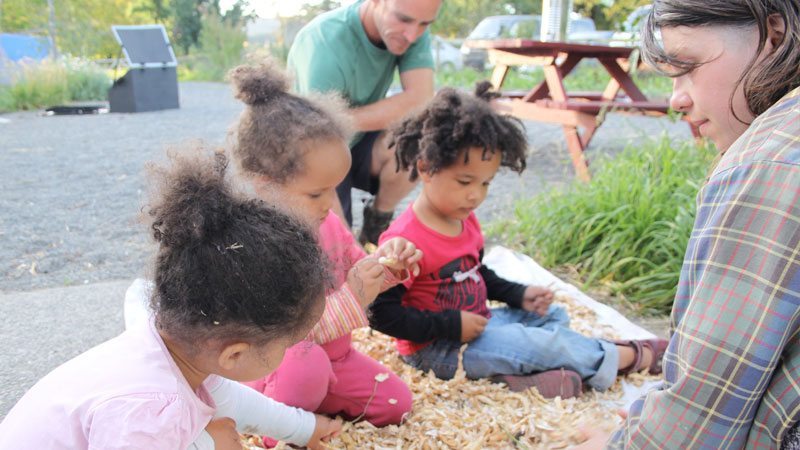

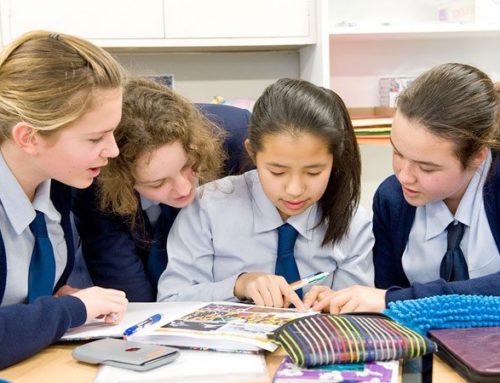
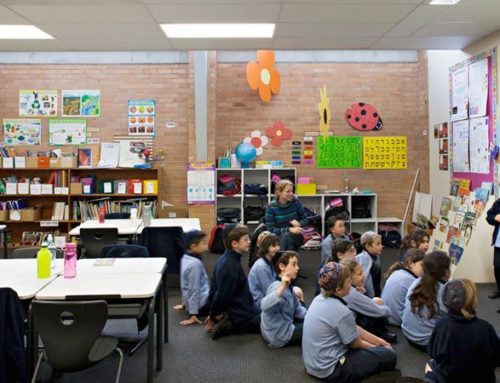
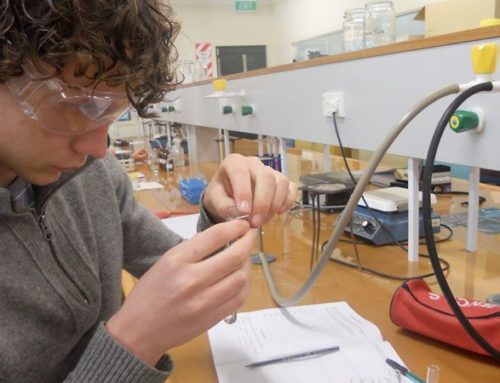
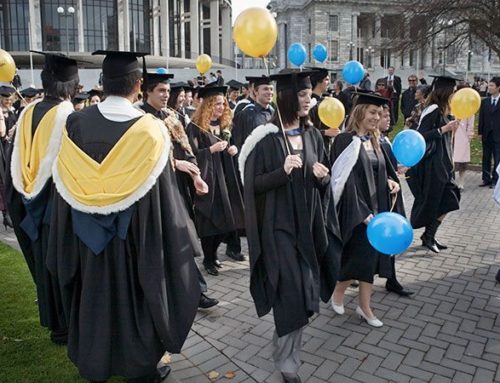
Leave A Comment